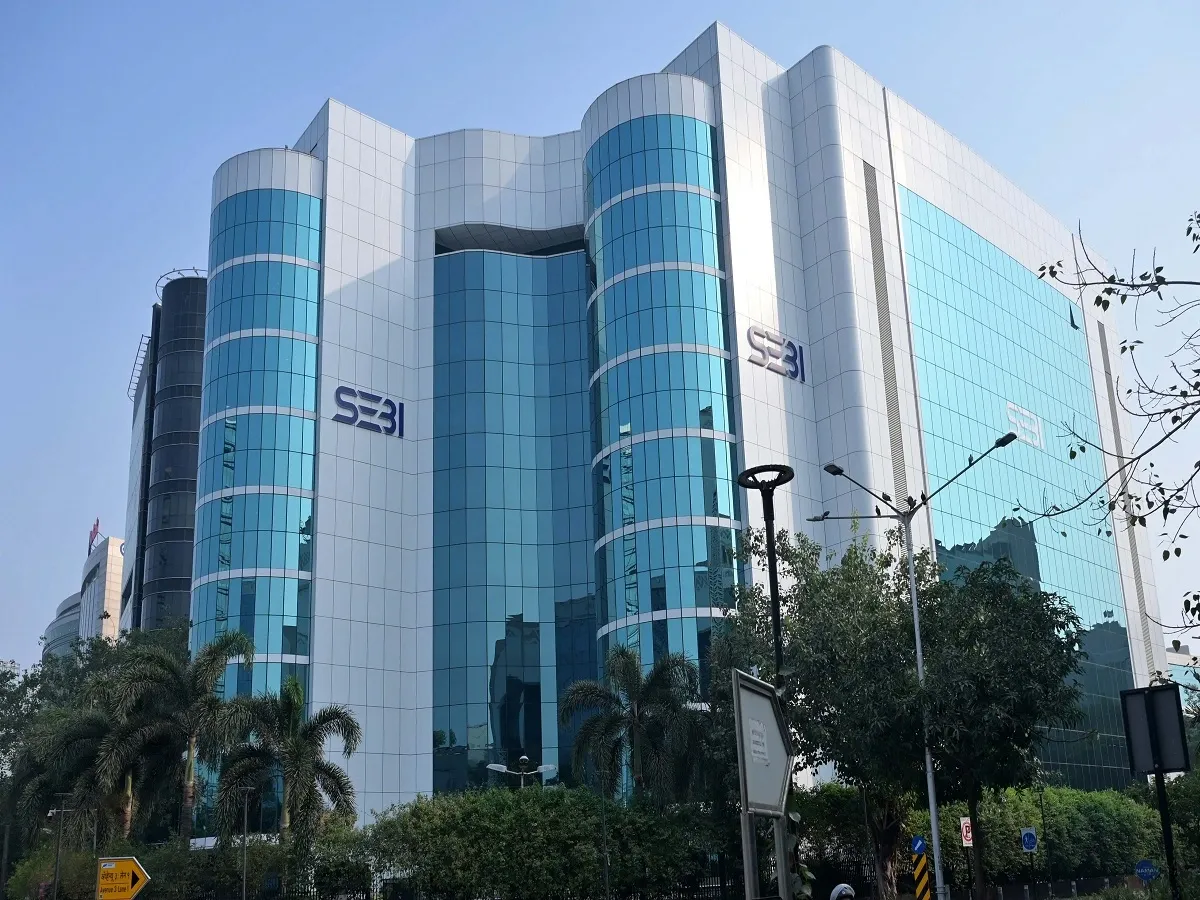Market News
SEBI board clears measures to enhance ease of doing business for REITs, InvITs, and merchant bankers

4 min read | Updated on June 19, 2025, 08:57 IST
SUMMARY
SEBI board meet: The board approved the alignment of timelines for submission of various reports, including quarterly reports to be submitted to stock exchanges, trustees, and the board of the investment manager, as well as valuation reports, with the timelines for submission of financial results.

The board approved several matters that will result in amendments to the REITs as well as the InvITs Regulations 2014. | Image: Shutterstock
Additionally, SEBI has permitted merchant bankers to carry out activities falling outside the purview of the regulator under the same firm. This is subject to certain conditions.
Regarding the approved regulatory framework for REITs and InvITs, Sebi said that the related parties of the REIT/InvIT and the related parties of the sponsor, investment manager/manager, and project manager would not be considered as "public" unless such related parties are Qualified Institutional Buyers (QIBs).
Moreover, they would always be excluded from the "public" category, irrespective of their status as QIBs.
The board approved several matters that will result in amendments to the REITs as well as the InvITs Regulations 2014.
Prior to this amendment, any units held by the related parties of the sponsor, investment manager/manager, and project manager were not counted towards units held by the "public".
The amendment now facilitates the classification of units held by the related parties of these entities, who are QIBs, as public, Sebi said in a statement issued after the conclusion of the board meeting.
In another significant move, the board approved an amendment allowing the negative net distributable cash flows generated by a HoldCo (holding company) on its own to be adjusted against the cash received from Special Purpose Vehicles (SPVs) to arrive at the cash flows for distribution by such HoldCo to the REIT/InvIT. This is subject to appropriate disclosures to the unit holders.
Earlier, a HoldCo was required to distribute 100 per cent of the cash flows received from the underlying SPVs to the REIT/InvIT. This amendment enables a HoldCo to offset its own negative cash flows before distributing the net amount to the REIT/InvIT.
Further, the board approved the alignment of timelines for submission of various reports – including quarterly reports to be submitted to stock exchanges, trustees, and the board of the investment manager, as well as valuation reports – with the timelines for submission of financial results.
Earlier, different timelines were prescribed for the submission of these reports.
Given that quarterly reports included disclosures of financial information and that certain statements in the financial results are derived from valuation reports, it was represented that synchronising the timelines would enhance efficiency. This has now been addressed through the amendment.
Additionally, the board approved the reduction of the minimum allotment lot in the primary market for privately placed InvITs to Rs 25 lakh, aligning it with the trading lot size in the secondary market.
Prior to this, the minimum allotment lot in the primary market for privately placed InvITs was ₹1 crore or ₹25 crore, depending on the asset mix. However, in an earlier round of reforms, the trading lot size in the secondary market had already been reduced to ₹25 lakh, irrespective of the asset mix.
Accordingly, this amendment introduces a uniform minimum allotment size of Rs 25 lakh in the primary market for all privately placed InvITs, harmonising it with the secondary market norms.
On merchant bankers, the regulator noted that Merchant Bankers Regulations, 1992, have been notified by it in order to regulate merchant banking activities. It has been observed that the merchant bankers (MBs) also undertake a significant amount of activities that are not within in the purview of Sebi.
In view of the possible risks associated with unregulated activities being carried out by SEBI-registered entities, the board in its meeting held in December 2024 had approved that the non-regulated activities be hived off to a separate legal entity.
However, post-internal review and feedback obtained from market participants, the board has now relaxed the requirement of hiving off and has approved the several amendments to the MB Regulations.
"MBs shall be permitted to carry out activities that are not regulated by Sebi in the following respects: MB may undertake activities which are within the purview of any other Financial Sector Regulator (FSR), provided it shall comply with the regulatory framework, if any, as may be specified by the respective FSR," Sebi said.
MB may also undertake activities which are not within the purview of Sebi or any other FSR, provided they are fee-based, non-fund-based activities and pertain to the financial services sector, it added.
Related News
About The Author
Next Story



